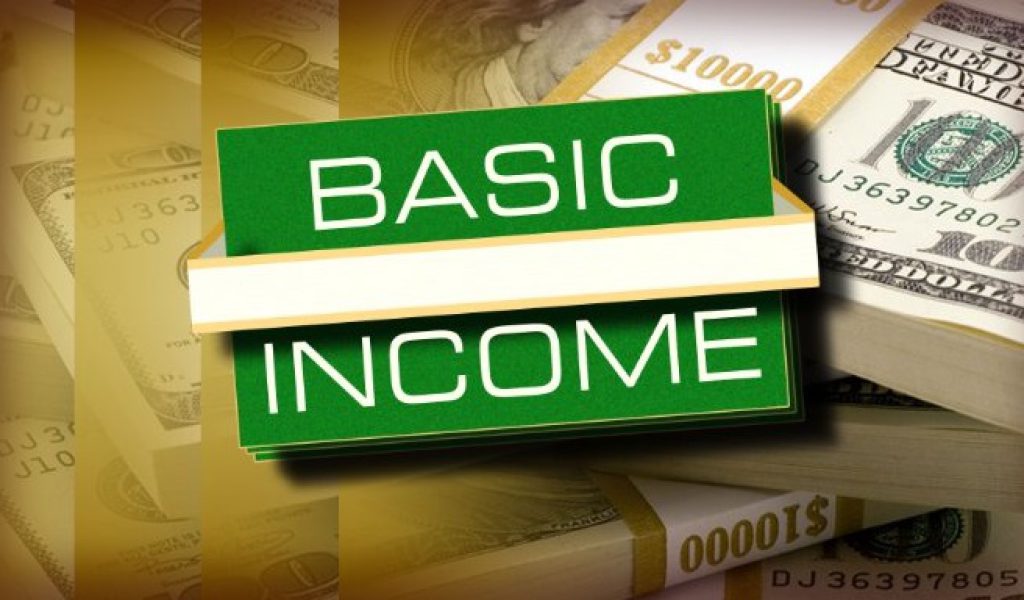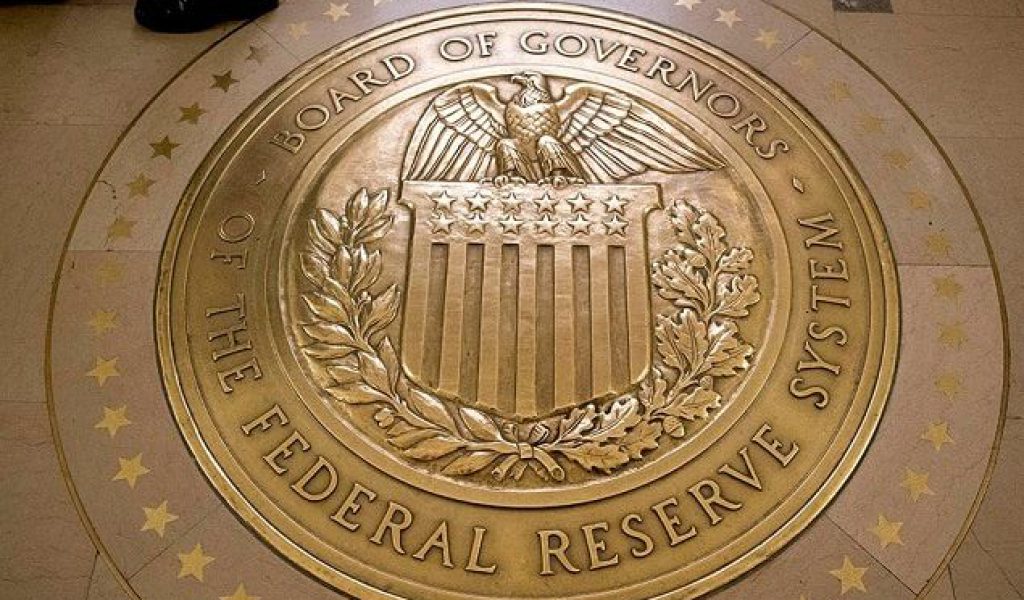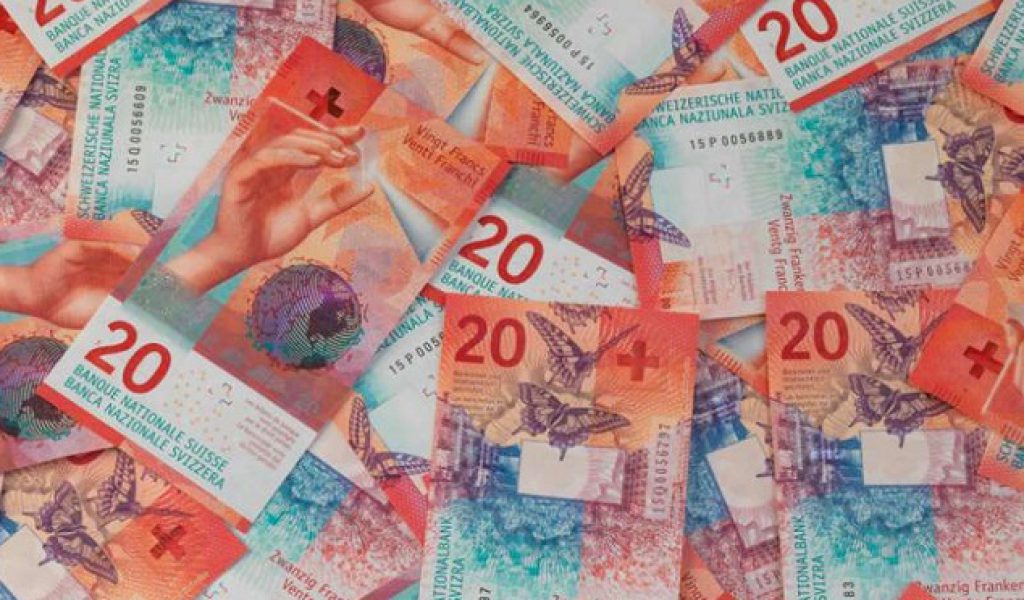OECD: Basic Income could not reduce poverty
As the global economy stares down the barrel of rising inequality and increased automation, more countries are toying with the idea of a universal basic income. But a new report by the Organization for Economic Cooperation and Development (OECD) is less than enthusiastic. According to OECD research, welfare reforms that would introduce public payment of an unconditional basic income to everyone of working age are worth exploring but would do little to combat poverty if not financed by extra tax.
That conclusion is very problematic for a welfare reform that advocates bill as a solution to poverty. A small safety net of cash distributed to everyone regardless of income level or employment status, prevents people – but especially the poor – from slipping into destitution.









